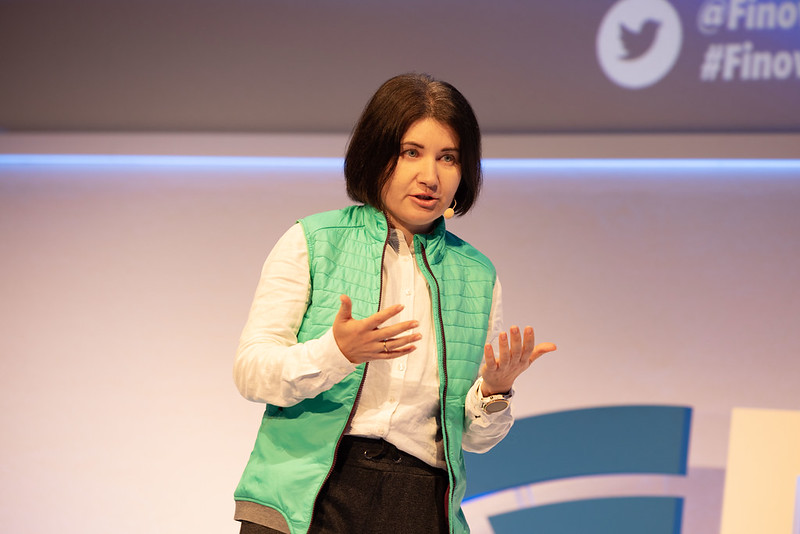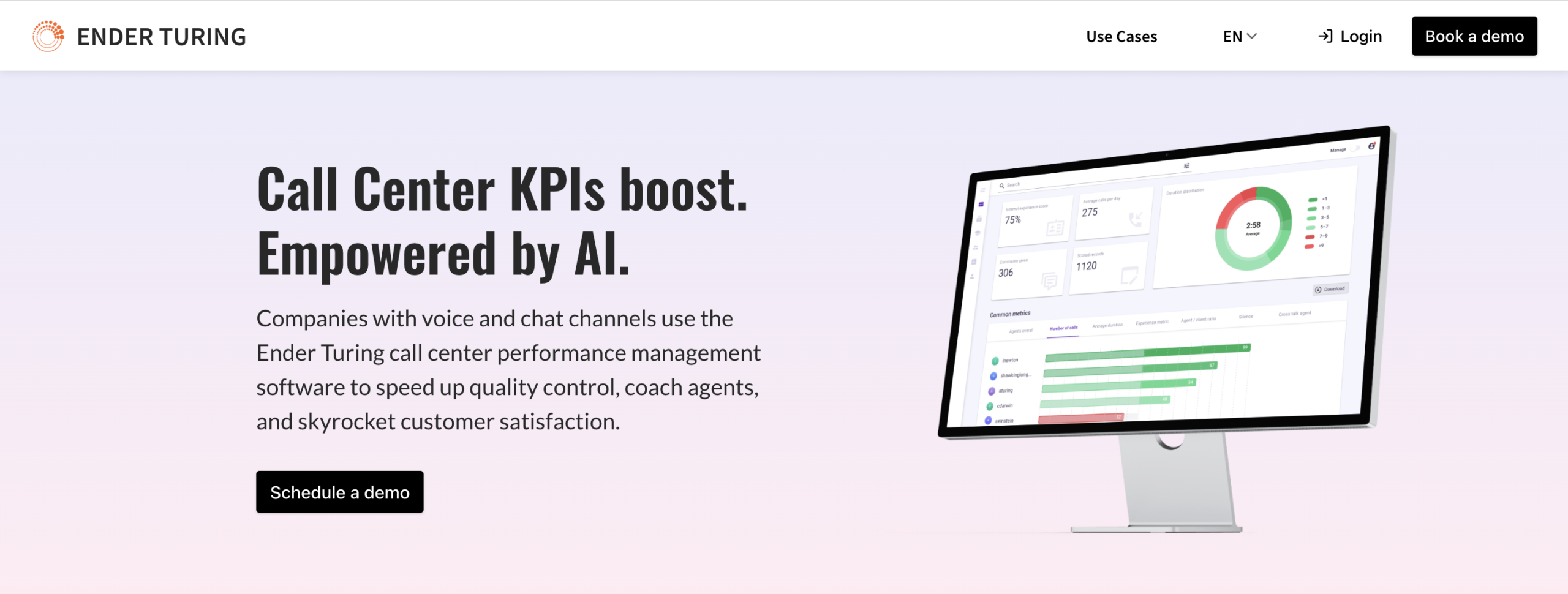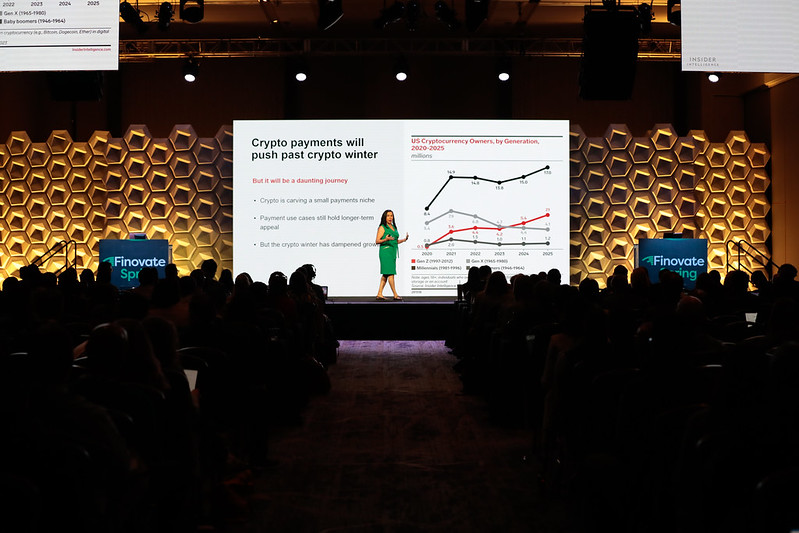
- Global trade financing platform Mitigram landed $11 million in funding.
- The investment will bring Mitigram’s total funding to $38 million.
- Mitigram will use the funding to scale its operations via software-as-a-service offerings.
Digital global trade financing platform Mitigram announced today it received $11 million in funding, boosting its total raised to $38 million.
The company will use the funds to scale its operations via software-as-a-service (SaaS) offerings and add competitive advantage by scaling its network. “The lack of connectivity is trade finance’s biggest cost,” said Mitigram’s Interim CEO Malin Bäcklund. “Around 4 billion paper documents are manually generated, checked and transported in trade each year, which creates the perfect storm for high operating costs and a spiraling lack of control. At Mitigram, we are passionate about closing the gap that is estimated to cost the industry $4 trillion in total each year. This new funding round will allow us to continue doing exactly that.”
Mitigram was founded in 2014, creating a digital exchange in global trade financing. The company offers three main products:
- MitiSquare, which helps companies assess risks, capacity, and pricing from partner banks in global trade financing.
- MitiManager, which allows organizations to view, manage, and structure all trade financing data.
- MitiGateway, which digitizes origination records and manages the end customer experience.
Among the company’s clients are Louis Dreyfus Company, Bridgestone, Vale, Ericsson, ArcelorMittal, Trafigura, Siemens Healthineers, and over 150 banks.
As part of today’s announcement Mitigram CEO Milena Torciano is stepping down, but will remain on the company’s board of directors. Bäcklund, who currently serves as CEO of Moor Holding, will act as interim CEO until a replacement is found.
“We founded Mitigram with the mission to open up a closed market, and to streamline and augment global trade and I am incredibly proud of the tremendous growth that we have achieved since I joined six years ago,” said Torciano. “Today, we are trusted by more than 300 multinational corporations, leading commodity traders and financial institutions, and have facilitated $100+ billion in flows currently across 185 markets. This investment is an excellent opportunity to further build on the strong foundations we have established, and to deliver best practice for digitalized trade finance.”














